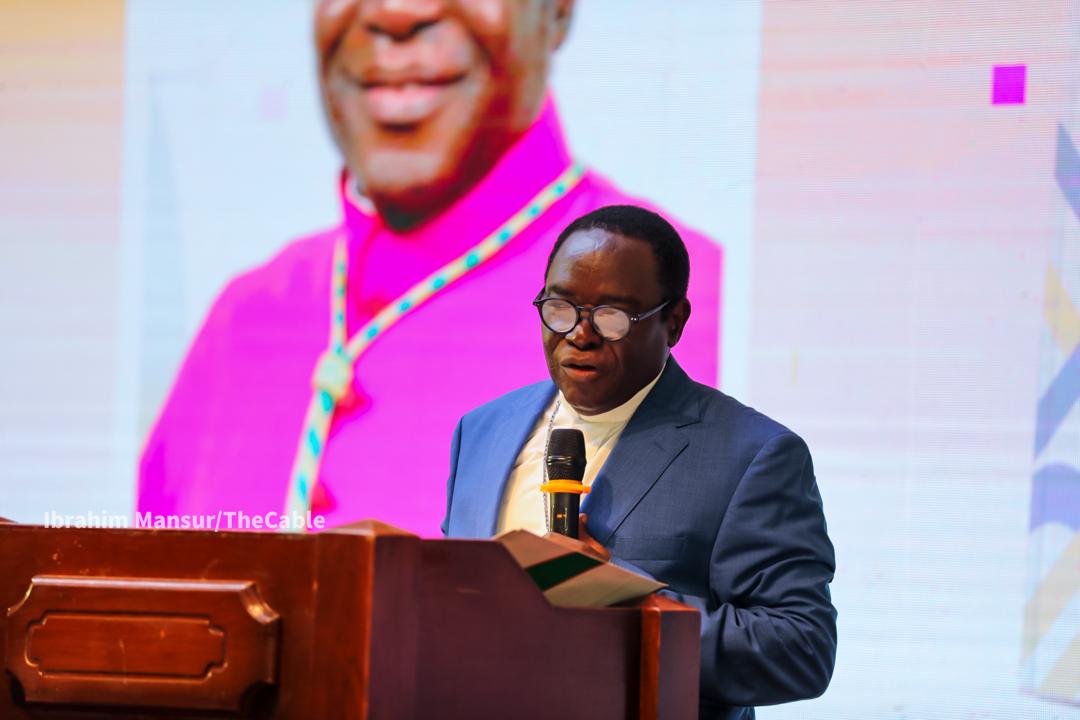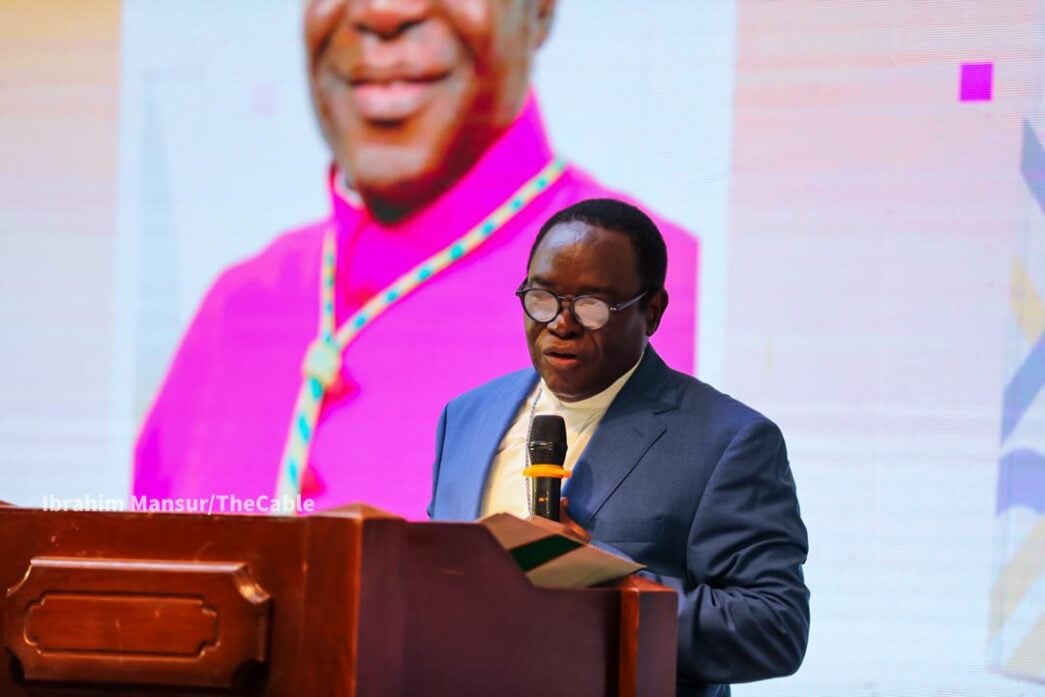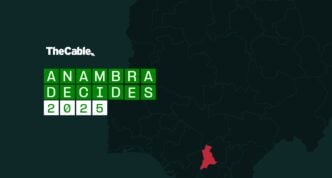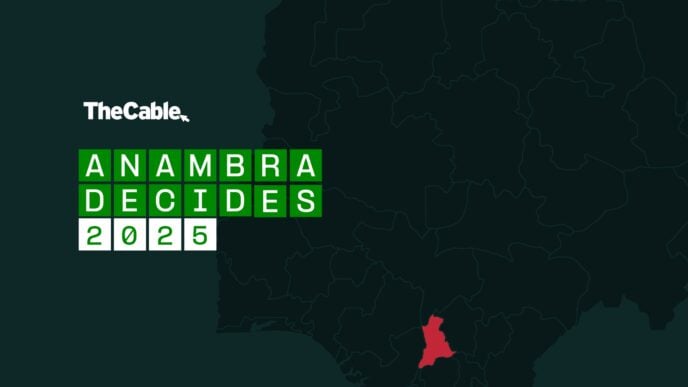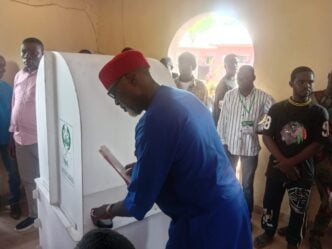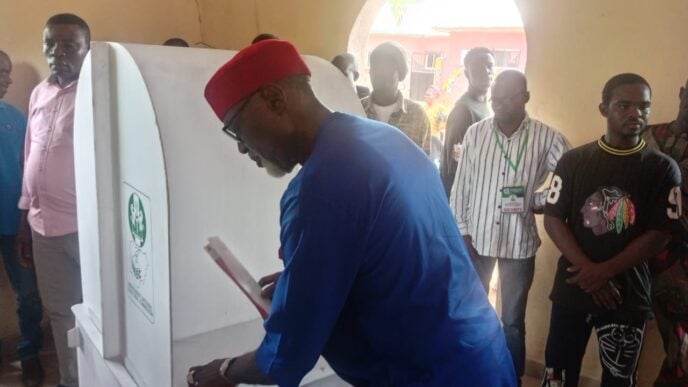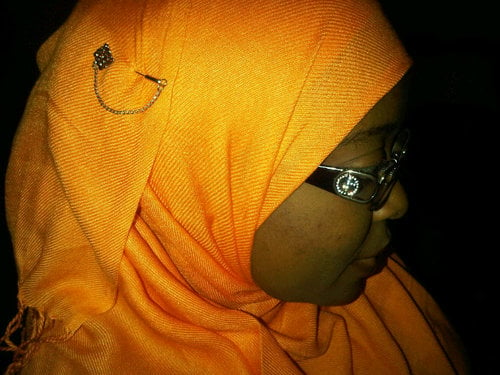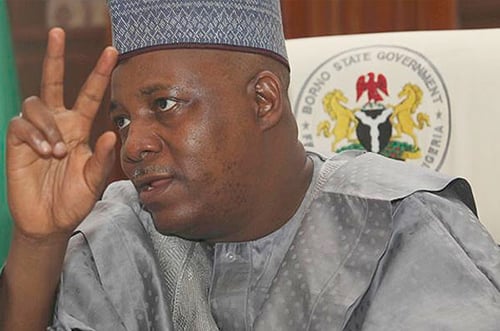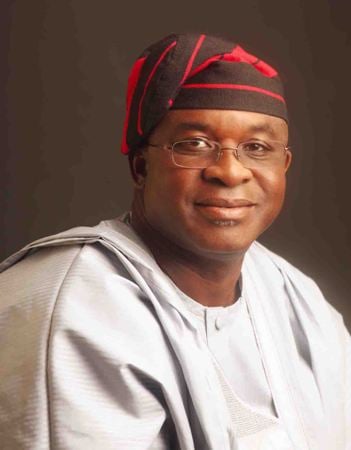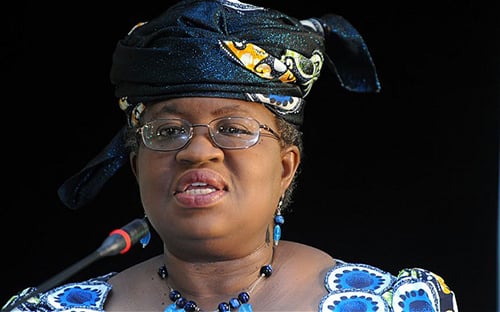Bishop Kukah
Mathew Kukah, Catholic bishop of the Sokoto diocese, has described President Donald Trump as “a symptom of disease in Nigeria.
Kukah spoke in Lagos on Friday at the 60th birthday ceremony of Reuben Abati and the public presentation of his three new books.
On October 31, Trump redesignated Nigeria as a ‘country of particular concern’ in response to claims of a Christian genocide in the country.
The US president warned the federal government to act fast to end the “killing of Christians”, saying he would not rule out air strikes or ground operations to “completely wipe out the Islamic terrorists killing Christians in Nigeria”.
Advertisement
He reiterated that the US would halt all aid assistance to Nigeria should the violence continue, adding that “there would be hell to pay”.
Speaking on the development in his keynote address, Kukah said the recent statement by Trump on the Christian genocide claims “is a wake-up call” to Nigerian leaders.
He urged stakeholders in Nigeria’s political and intellectual spaces to recognise the country’s challenges and devise lasting solutions.
Advertisement
“So, if you find us being such a chaotic, quarrelsome, angry, whatever, we are in Nigeria. We lack the culture, the institutional, and the moral instillation to establish,” he said.
“All of us are confusing Trump with a sickness. Trump is a symptom of the disease that is in our country. I think it is going to happen later; it does not matter if a snake is dead or whether or not a woman killed it.
“Whether it is Trump or whoever that has given us this jab, it is time for Nigeria to wake up.”
The archbishop criticised Nigeria’s lack of tourism attractions and national monuments, noting that highlighted a broader issue of national identity and pride.
Advertisement
“If somebody wants to visit this country today, where will I take them to? If somebody came to Nigeria today, where would they go?” Kukah asked.
“In other places, you can go and see where the president is, but in Nigeria, you cannot see where the president is.
“We need to reload. You reload because either you did not fire your gun, or the object moved, or something has happened.”
The clergyman argued that Nigeria lacks unifying figures whose names resonate positively across diverse populations.
Advertisement
“But you ask yourself now, who are the prominent Nigerians, the Nigerian statesmen, that their names resonate across the length and breadth of Nigeria without contradiction?” he said.
Advertisement
